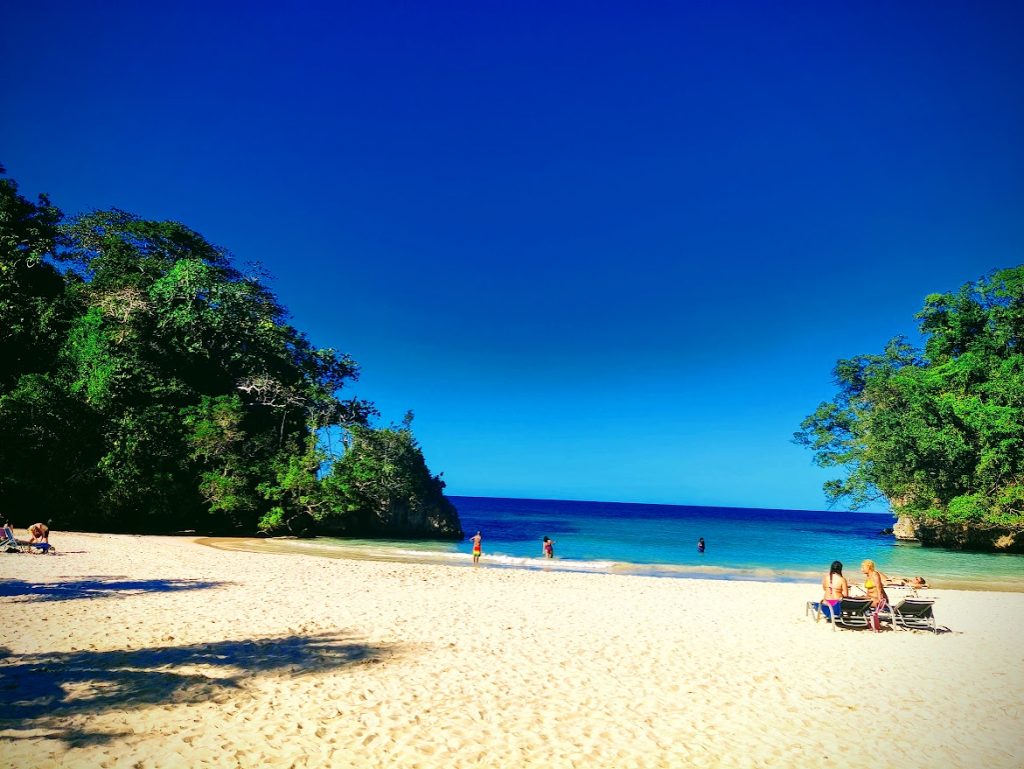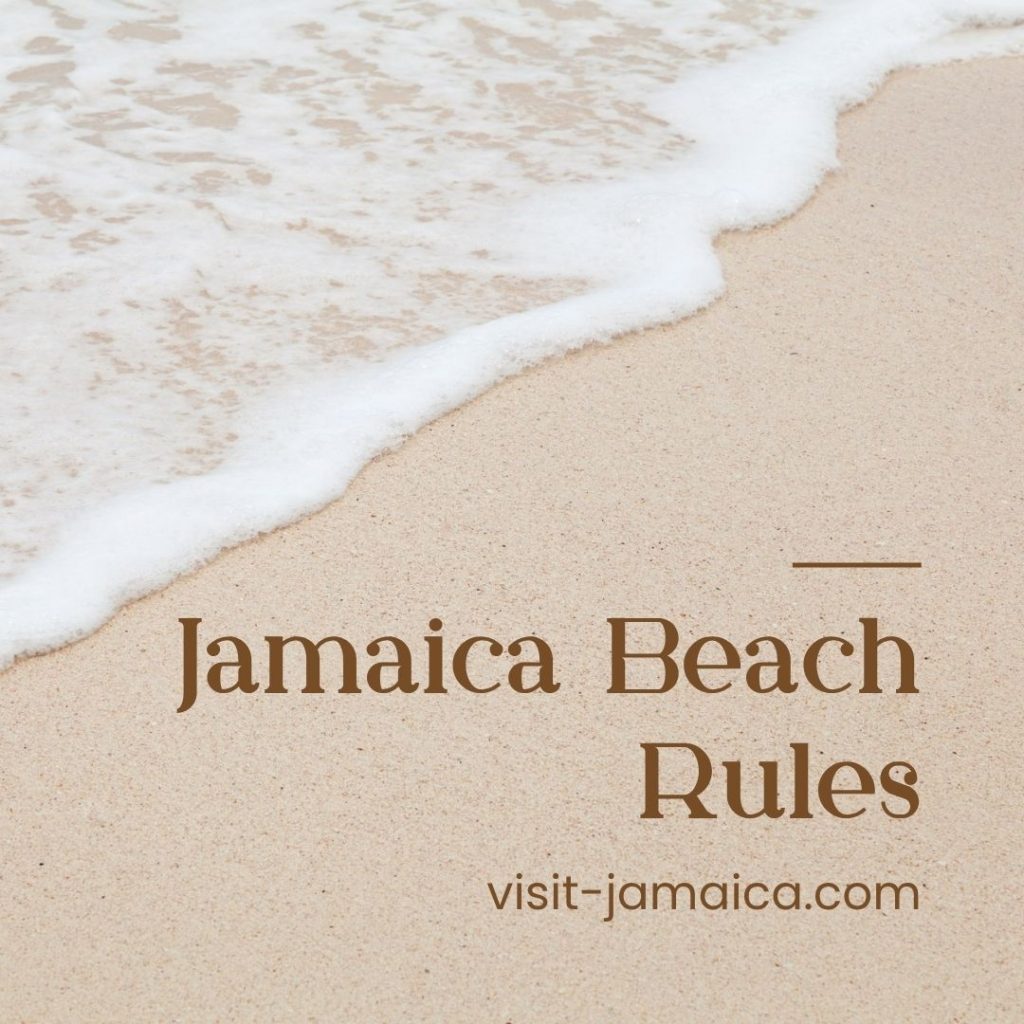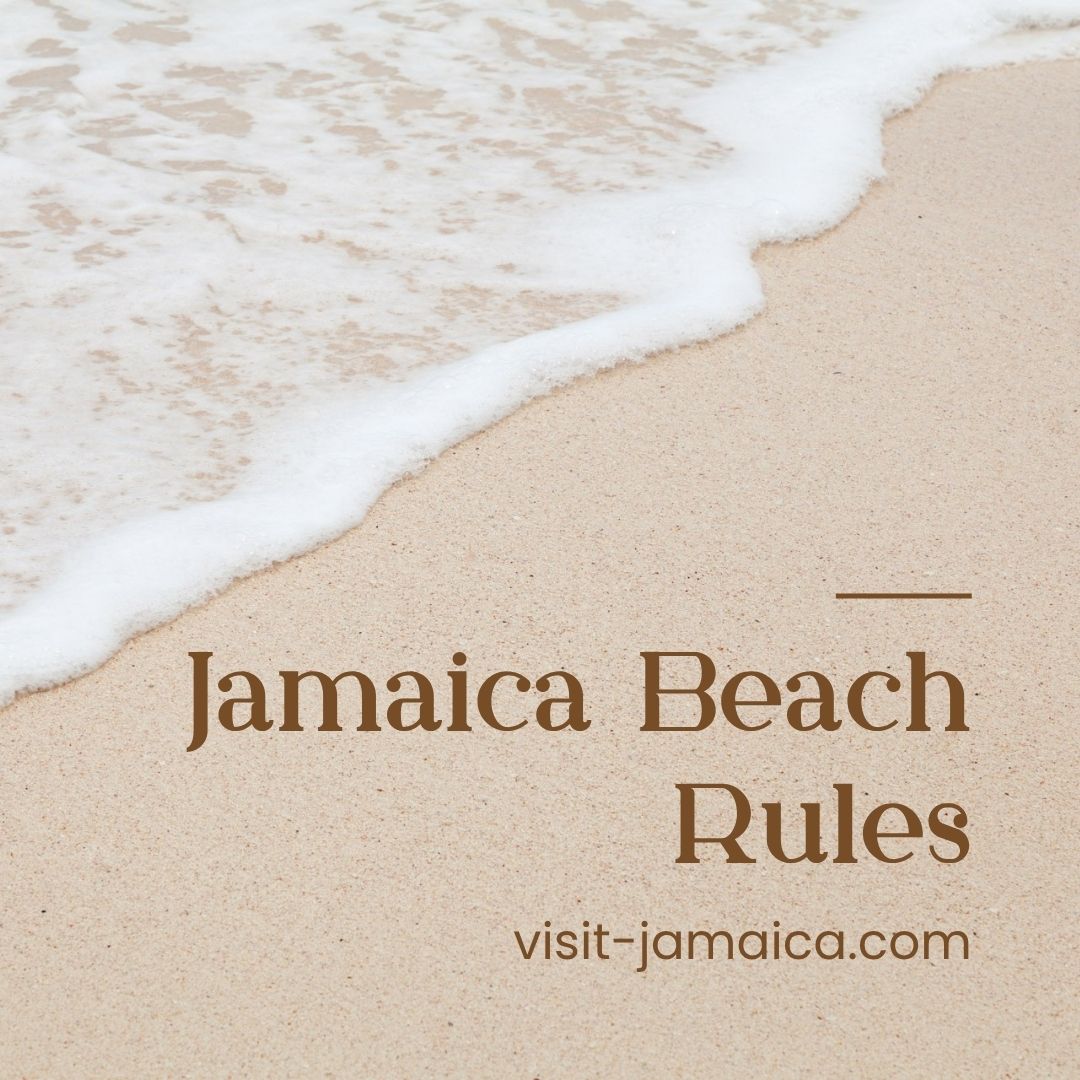Whether you’re basking under the tropical sun or swimming in the crystal-clear waters, Jamaica’s beaches offer a slice of paradise for every visitor. However, to ensure your visit is as enjoyable as it is safe, it’s essential to understand how beach access works on this Caribbean island. With varying rules across different shores, familiarizing yourself with the local regulations can make all the difference. Public access to beaches in Jamaica is a right, but respecting private property and environmental guidelines is also important for a harmonious experience.
Jamaica boasts a multitude of beaches, each with its own unique features and access points. While some beaches are freely accessible to the public, others are part of private resorts or are accessible for a fee. Knowing these distinctions helps you plan your outings and avoid any unnecessary surprises. Additionally, beach rules are in place to protect the natural beauty and uphold the safety of all visitors, so adhering to them is crucial. From no-littering policies to designated swimming areas, these rules are designed to maintain the pristine condition of Jamaica’s coastlines.
Navigating Jamaica’s beaches is simple once you know the basics. Look for official signage and consult with locals or tour guides if you’re unsure about the access rights of a particular beach. By doing so, you can experience the sun, sea, and safety Jamaica has to offer, all while being a responsible and informed beachgoer. With the right knowledge, your time on the island’s shores will be nothing short of exhilarating and memorable.
Jamaica Beach Access

Jamaica has a diverse array of beaches, and each is subject to rules ensuring open access. You need to understand these legal structures and access points.
Legal Framework for Beach Access
The legal framework governing beach access in Jamaica is primarily based on the Public Beaches Act and the Natural Resources Conservation Authority Act. Together, these laws ensure public access to beaches while allowing for the protection and management of coastal resources.
- The Public Beaches Act states that the government owns all Jamaican beaches and that they must be open to the general public.
- Natural Resources Conservation Authority Act: It provides guidelines for the sustainable use of beach resources, balancing public access and environmental protection.
Access Rights:
- Beaches should be open to the public from dawn until dusk.
- Private property rights do not extend to and exclude public use of beach areas.
Types of Beach Access Points
In Jamaica, beach access points can be categorized based on their management and entry requirements:
- Public beaches: no entry fee; maintained by local authorities.
- Example: Doctor’s Cave Beach, Montego Bay
- Private Beaches with Public Access: private beaches that offer public access, may include an entry fee.
- Example: Frenchman’s Cove, Port Antonio
- Resort Beaches: Typically part of a resort property, access is generally restricted to guests.
- Example: Seven Mile Beach, Negril (limited sections available to non-guests)
Regulations vary from beach to beach, so check signage or inquire with local authorities if unsure.
Understanding Jamaica Beach Access Control and Rules
Jamaica’s coastlines are some of the most picturesque in the Caribbean, and ensuring these natural wonders remain accessible, safe, and protected is a priority for both government and private stakeholders. To manage this balance between enjoyment and preservation, Jamaica beach access control measures and policies are in place across the island. These systems help regulate who can enter certain beach areas, under what conditions, and ensure that all visitors are aware of their responsibilities.
Whether you’re a local resident, a day visitor, or a resort guest, understanding how beach access in Jamaica works—particularly when it comes to public versus private access—is essential for a seamless beach day.
Jamaica Beach Access: A Shared Resource with Controlled Entry
The concept of Jamaica beach public access is rooted in the idea that beaches are a shared resource. However, not all beaches are freely accessible without oversight. Many areas implement beach access control systems such as entrance fees, designated hours, or required wristbands, especially for those with high visitor volume or fragile ecosystems.
Public beaches typically do not require advanced reservations and are either free or have a minimal entry fee for maintenance and amenities. Examples include Boston Bay Beach in Portland and Winnifred Beach near Fairy Hill—both community-run beaches with affordable access and a welcoming atmosphere.
Jamaica Beach Rules: What Every Visitor Should Know
To maintain a safe and enjoyable environment for everyone, a set of Jamaica beach rules is enforced at most locations. These rules are not only for individual safety but also to protect local wildlife and preserve the island’s natural heritage. Visitors should always adhere to posted signage, follow any instructions from lifeguards, and respect local customs.
Here are some common Jamaica beach rules enforced across the island:
-
No littering: Fines may be applied for discarding trash improperly.
-
No glass containers: These can break and cause injury.
-
Restricted areas: Some parts of the beach may be off-limits due to conservation efforts or private ownership.
-
Sound policies: Many beaches ask visitors to keep noise to a minimum.
-
Pet policies: Some beaches restrict or ban pets unless on a leash or in designated zones.
These rules help ensure that beach access in Jamaica remains enjoyable and sustainable for future generations.
Jamaica Hotel Beach Access Policy: What Tourists Should Expect
One of the most common points of confusion for visitors is understanding the Jamaica hotel beach access policy. In many coastal destinations, resorts are built adjacent to or around beautiful beaches. While the beach itself remains public under Jamaican law, the facilities and direct access points owned by the hotel can be restricted to paying guests.
Here’s what travelers should know:
-
Hotel guests usually have unrestricted access to the beach directly in front of their accommodations.
-
Day passes are often available for non-guests who wish to enjoy the beach and resort amenities.
-
Some resorts share beach space with public zones. In these cases, you can still access the sand and sea, but may not use loungers, bars, or showers without permission or a fee.
-
Private security may enforce hotel-specific policies such as wristband requirements or time limits for non-guest access.
Understanding the Jamaica hotel beach access policy in advance can help avoid confusion or disappointment, especially during peak tourism seasons when space is limited.
Managing Beach Access in Jamaica: A Community and Government Effort
Effective Jamaica beach access control isn’t just about restrictions—it’s about organization, sustainability, and community benefit. Local authorities, private entities, and community groups often collaborate to manage access responsibly.
For example:
-
Community-managed beaches like Winnifred Beach offer a grassroots model of inclusive access while generating income for local vendors.
-
Government initiatives work to ensure that beaches remain open to the public while promoting responsible tourism.
-
Environmental NGOs sometimes assist with monitoring and preserving beach ecosystems, especially in ecologically sensitive areas like marine parks or turtle nesting sites.
These efforts ensure that Jamaica beach access remains fair, balanced, and ecologically responsible.
Where to Go Next: Making the Most of Your Beach Experience
Now that you understand Jamaica beach public access, control policies, and beach rules, you’re well-equipped to plan a respectful and enjoyable visit to the island’s coastal gems. Whether you prefer the relaxed, local atmosphere of a public beach or the luxury amenities of a resort shoreline, beach access in Jamaica offers something for everyone, as long as you’re informed and respectful.
So grab your towel, your sunscreen, and your appreciation for Jamaica’s natural beauty, and enjoy the Caribbean shoreline the right way.
Guidelines for Public Access
Understanding public access guidelines in Jamaica is key to enjoying the island’s beautiful shores. Familiarize yourself with beach access times and permitted activities for an uninterrupted beach experience.
Beach Access Times
Regular Hours: Most public beaches in Jamaica are open to visitors from dawn until dusk.
Exceptions: Some beaches may have restricted hours or may be accessible only through specific entry points, so always check local signage or information sources.
Permitted Activities
General Activities Allowed:
- Sunbathing
- Swimming
- Beach sports (volleyball, beach soccer)
Note: Water sports may require specific zones or permissions.
Prohibited Activities:
- Littering (strictly enforced)
- Disturbing wildlife
- Damage to beach flora or property
Avoid activities outside of established guidelines to ensure the preservation of Jamaica’s natural beauty and maintain public access.
Beach Rules and Safety
When visiting Jamaica’s beaches, it’s essential to be aware of local regulations and safety measures that are in place to protect both you and the environment.
Environmental Protection Policies
Respect Flora and Fauna: Do not remove any plants, animals, or natural objects from the beaches. This includes seashells, coral, and sand.
Waste Disposal: Always use the designated bins for garbage. If none are available, take your waste with you to dispose of it properly later.
- No Plastic Policy: Many areas enforce a no-single-use plastic bag and styrofoam policy. Ensure you bring reusable bags and containers.
Bonfires: Check local rules before lighting any fires, as they may be prohibited or require a permit.
Littering Fines: Be aware that littering can result in hefty fines, a measure in place to maintain the cleanliness and pristine condition of the beaches.
Personal safety measures
Swimming Zones: Abide by the marked swimming areas and do not venture into unauthorized water zones, as they might be unsafe due to strong currents or boat traffic.
Lifeguards: Heed any warnings or instructions from lifeguards. Their presence indicates that the beach is officially monitored for your safety.
- Red Flags: Red flags on the beach mean no swimming due to dangerous conditions. Always observe and respect these signs.
- UV Protection: Apply sunscreen with sufficient SPF, wear hats, and stay hydrated to protect against heatstroke and sunburn.
First-Aid: Familiarize yourself with the location of first-aid stations in case of an emergency.
Exploring Jamaica’s Beaches
When traveling to Jamaica, you’ll find a plethora of stunning beaches to discover and enjoy. Each offers distinct features, from serene coves to vibrant hotspots bustling with culture and activity.
Public Access: Generally, beaches in Jamaica are open to the public, but some may charge an entry fee for maintenance and facilities. Beaches attached to resorts are typically private, though some allow day visitors for a fee.
- Seven Mile Beach, Negril: Famous for its long stretch of white sand and clear waters, this is a public beach.
- Doctor’s Cave Beach, Montego Bay: Known for its calm, turquoise waters. There’s an entry fee that covers amenities like changing rooms and showers.
- Boston Bay Beach, Portland: Popular for surfing and jerk cuisine, it’s a public beach with a local vibe.
- Frenchman’s Cove, Port Antonio, charges an entrance fee; this gorgeous beach is where a river flows into the sea.
Safety Guidelines:
- Swim Zones: Stick to marked swim areas, as currents outside these zones can be strong.
- Lifeguards: Pay attention to lifeguard instructions—safety first.
- Sun Protection: Apply sunscreen regularly, and consider wearing a hat and sunglasses.
Beach Rules: To ensure a pleasant experience for everyone, observe local beach rules.
- No littering: Keep Jamaica’s beaches clean.
- No glass bottles: Prevent injuries and avoid glass containers.
- Noise levels: Respect others by keeping your music and noise at a considerate volume.
By respecting these guidelines, you can enjoy Jamaica’s beaches to the fullest, immersing yourself in the island’s natural beauty while contributing to the preservation of these idyllic spots.

